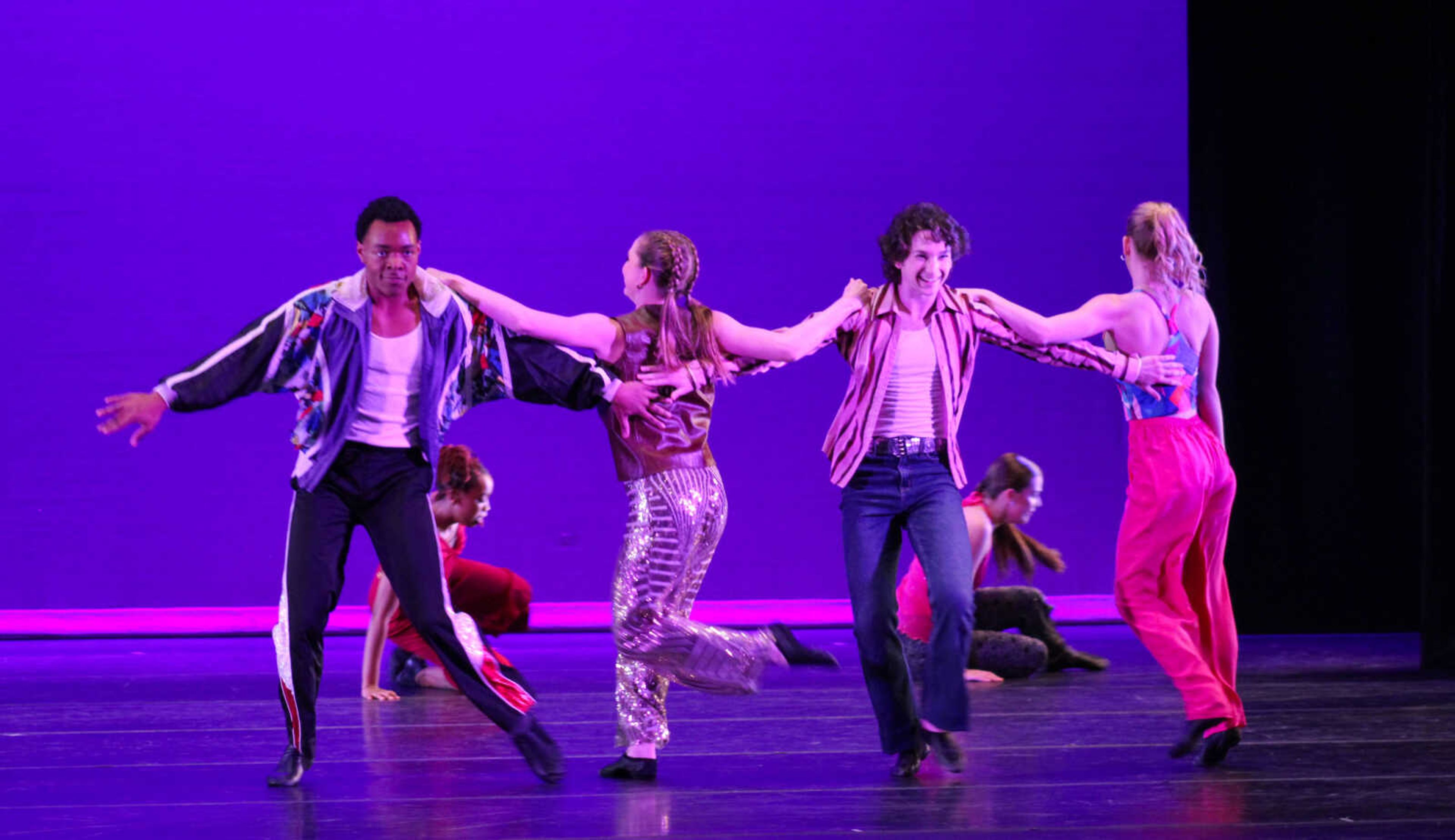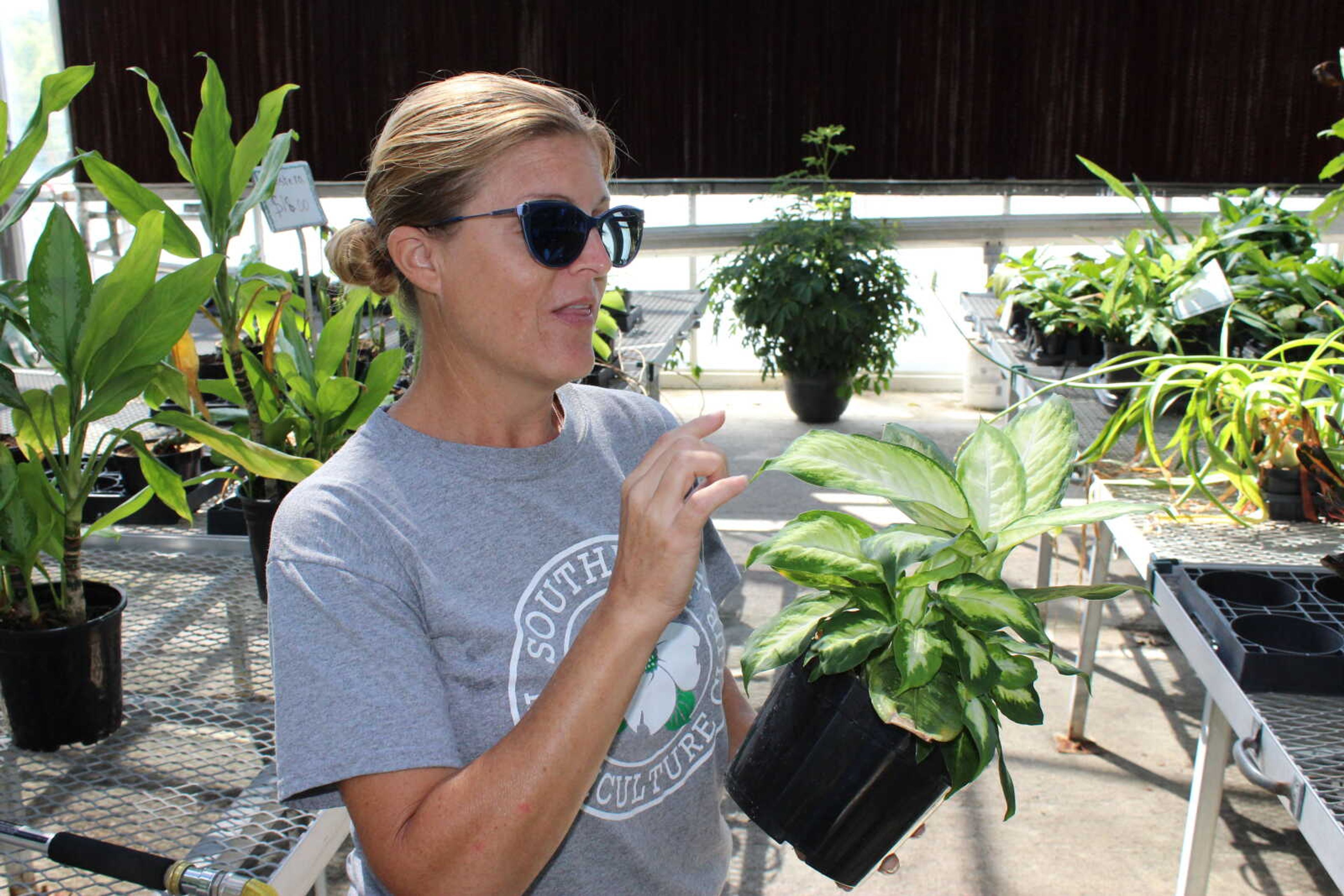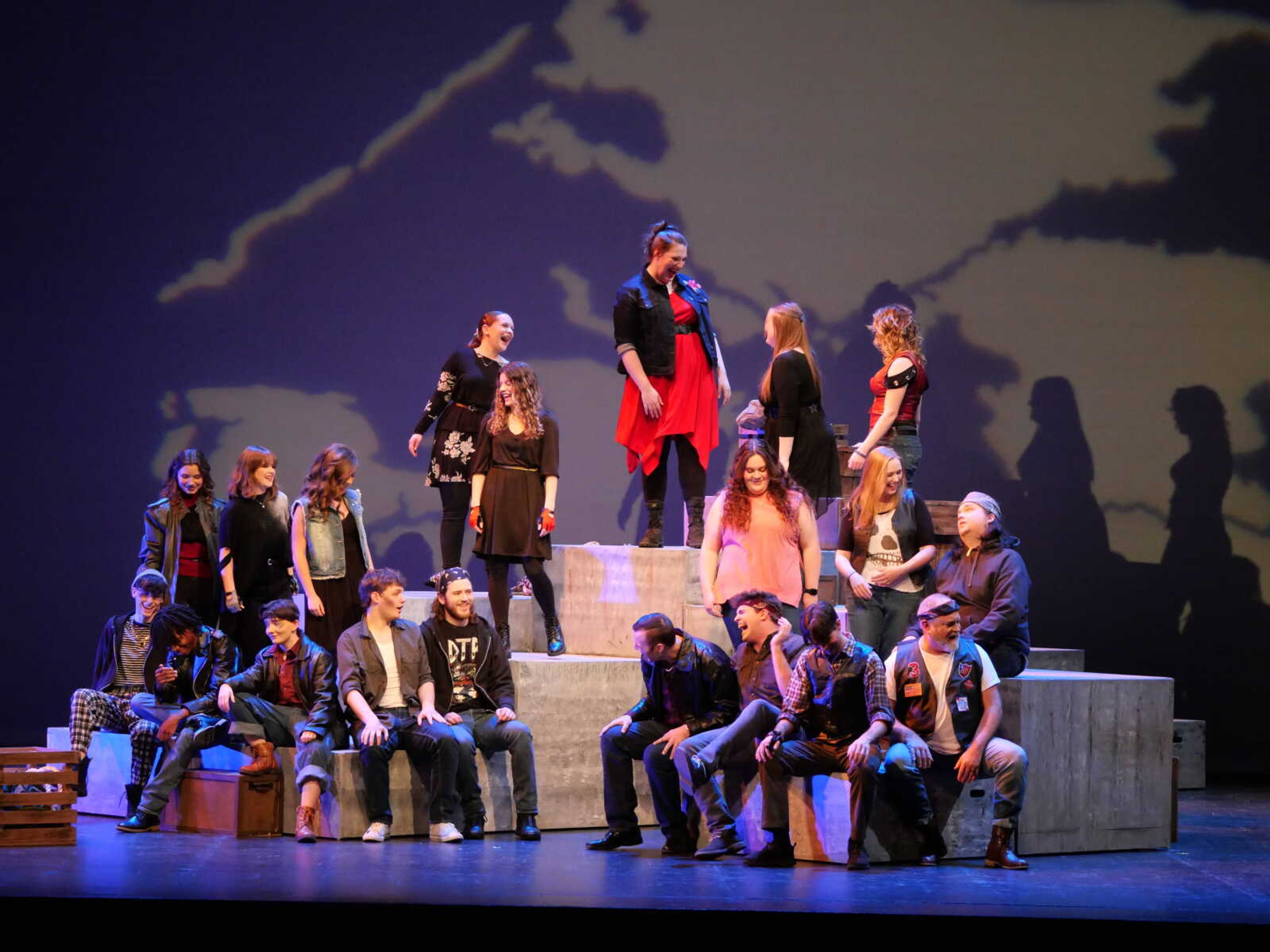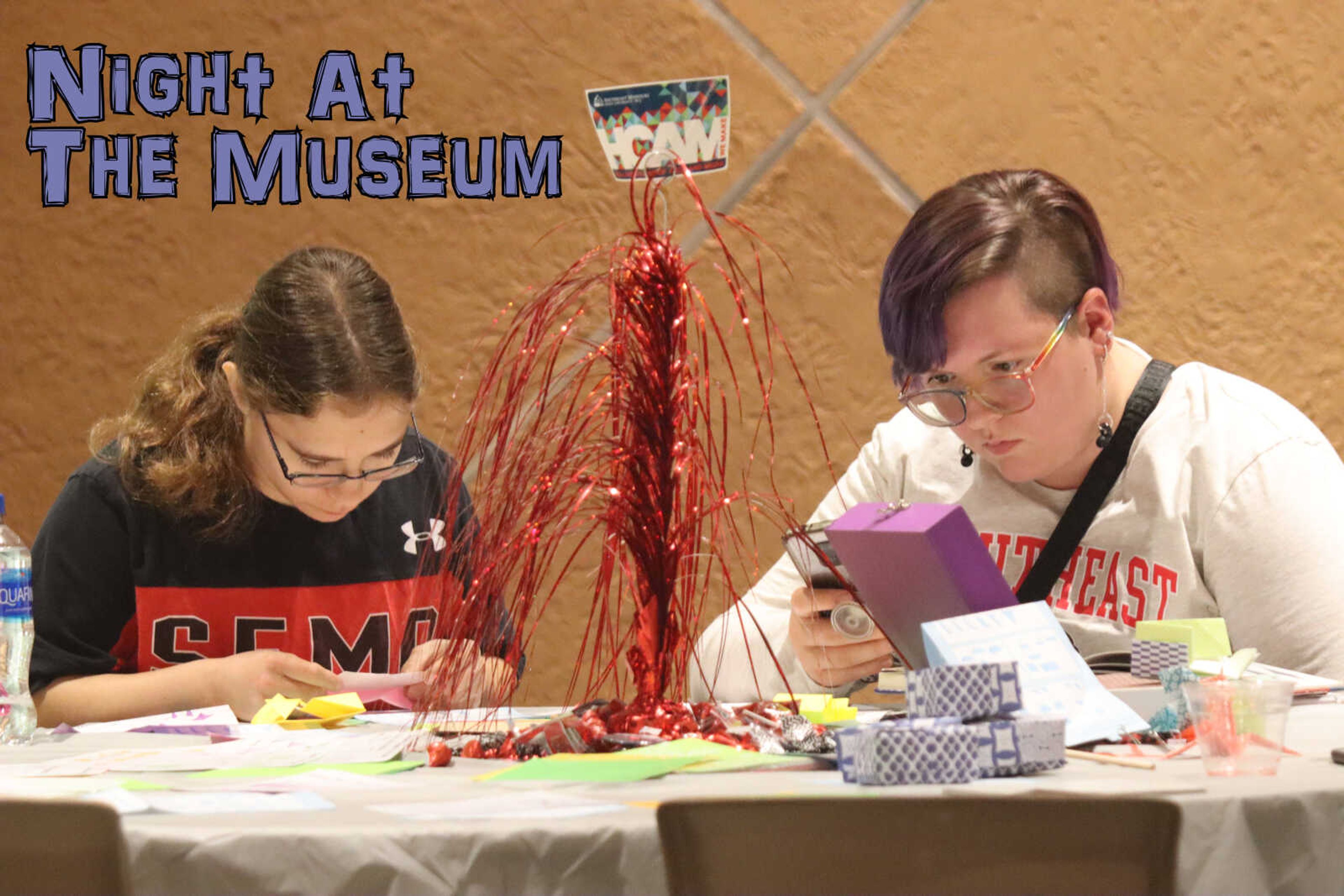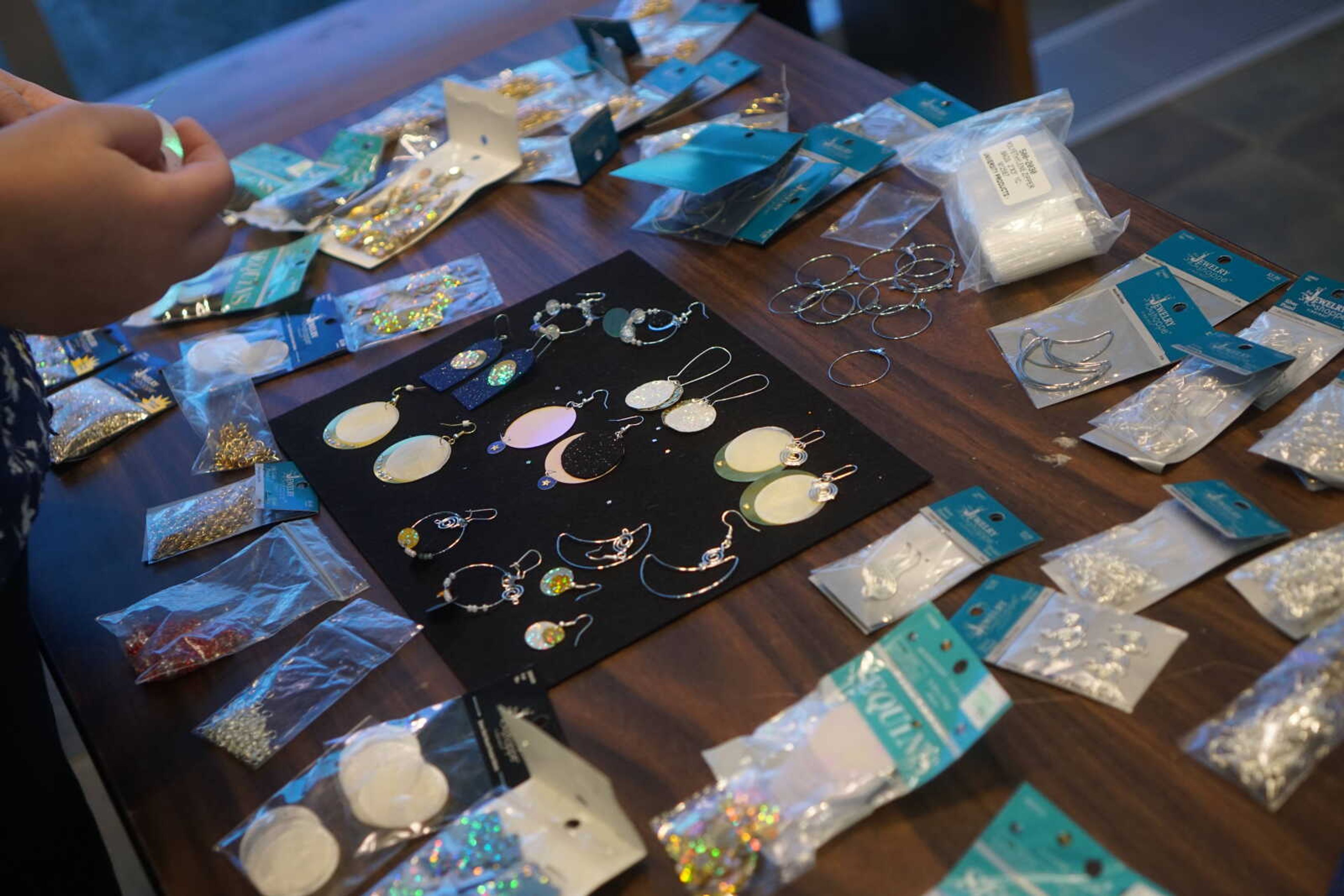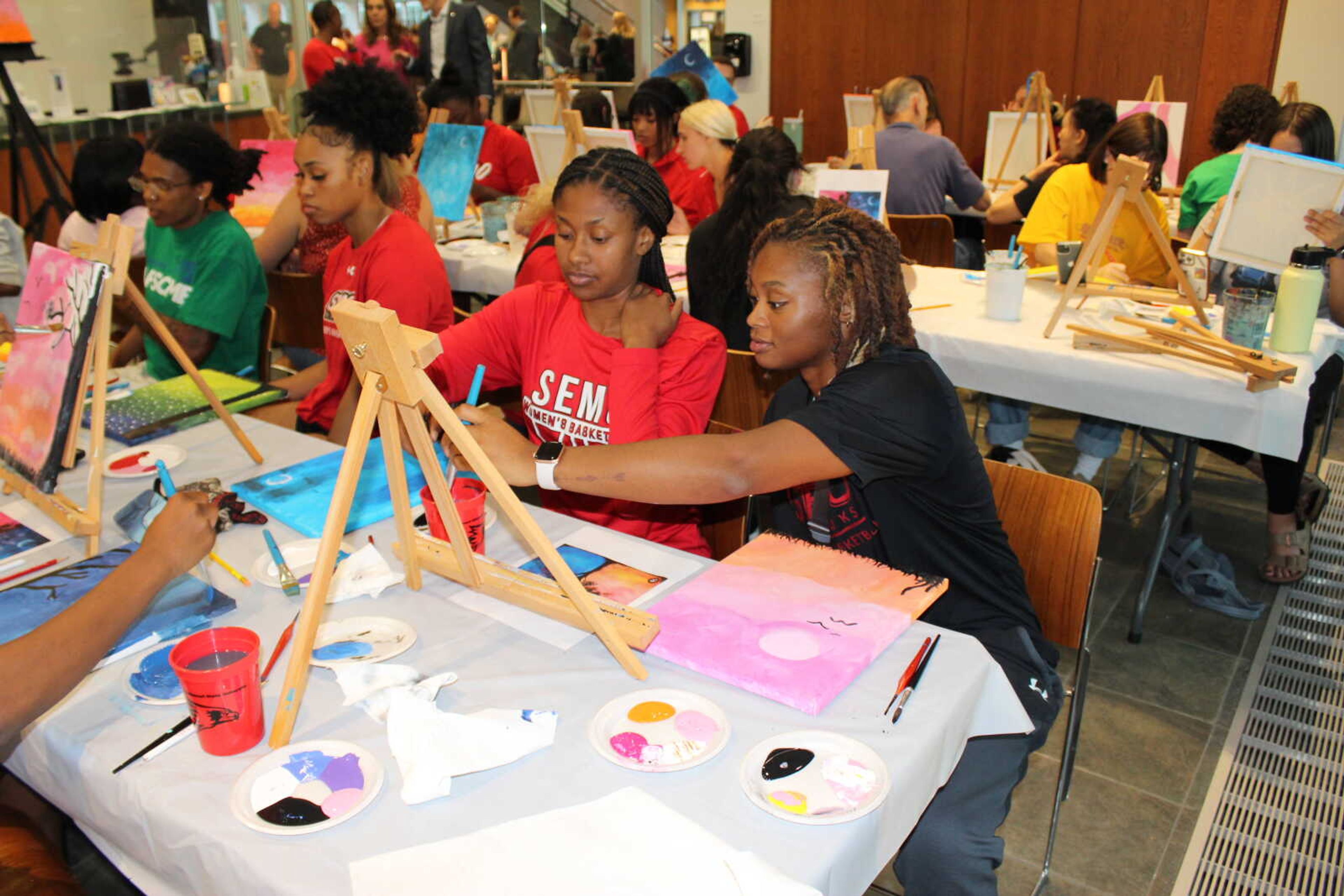When Dr. Jeffrey Noonan's father gave his mother a guitar for Christmas, she didn't have the time to learn, so he picked it up instead.
And the rest is history.
Noonan started taking guitar lessons at the age of 9. He said he's mostly been self-taught though, only spending about a year in lessons. He set down roots in folk and rock 'n' roll throughout elementary and high school.
"It's just what guys do when they have a guitar around, they pick it up and learn how to play it," Noonan said.
Noonan, now a classical guitar and music history professor at Southeast Missouri State University, is retiring from the university at the end of the year.
He said he thought about teaching all the way back in high school, but never considered actually teaching music until college. According to Noonan, following a semester of lessons in classical guitar his senior year, he was hired on to teach a class. That was in 1973.
"I enjoyed it, and it turned out that I was actually pretty good at it, pretty successful at it," Noonan said. "So I've been doing it ever since."
Noonan said he was serious about the instrument throughout college, but remained undecided for a time about making it a career path. He went back later for a second undergraduate after previously finishing with a bachelor's degree in theology. He studied historical performance practice and musicology into graduate school.
Robert Fruehwald, piano and composition professor at Southeast and also a good friend from graduate school, called Noonan about applying when there was a sudden opening for a guitar professor. Noonan said he owned a music store up in St. Louis then and worked part-time teaching classes at the universities in the area, but collected his resume and an audition tape to drive down to Cape Girardeau. He had talked to Fruehwald before about applying when there was an opening in the department, although he said neither were expecting the out-the-blue opportunity.
"He [Fruehwald] called me and said, 'Would you apply for the job?,' and I said, 'Yeah, when's all the stuff due?' He said, 'Well, day after tomorrow,'" Noonan said. "It was just dumb luck, and I was hired."
He said teaching music history alongside guitar fell to him as default because the preceding guitar professor had taught those same courses. It helped his Ph.D. studies were in musicology, but he wasn't as familiar with music history in America as he was in Europe. The old instruments he played studying historical performance practices were designed for Baroque and Renaissance period pieces.
"I fell into those [music history courses] and it wasn't really my area of study when I was in graduate school, but I taught myself how to do that," Noonan said.
When it comes to his teaching style Noonan said there's variance to helping a student learn how to play music and conducting a lecture. Being in the studio has a higher demand for structure, while in a classroom setting, Noonan likes to leave room open for discussion. He wants part of the class' course to be dependent on the students in it.
"I enjoy conversation," Noonan said. "I enjoy discussion about ideas. My goal is to engage students with ideas and to bounce those ideas around."
He added that having engaged and passionate students over the years was what made the job continually rewarding.
"There are moments every semester," Noonan said. "It can range from a student coming in to play a piece of music that he or she has been working on for the last six months and all of a sudden they get it and they play it, and it's like, 'Yeah, now you understand what I've been trying to get you to hear. Now we're at a different level.'"
Southeast music student Daniel Atwood credited Noonan to fully developing his skill and technique in classical guitar. He got his start at Three Rivers Community College but said taking music history courses as well as private lessons from Noonan at Southeast was what shaped his understanding of the instrument.
"He's got such a great perspective as an ethnomusicologist of looking at music within a particular context, like in terms of socially and histor[ically]," Atwood said. "So that comes into things like playing historically in formed ways. At my recital, I'm playing lute Tuesday [May 5]. I would have never even played the lute before, I'd never played it before, I never would have probably picked it up."
Atwood said since he's had Noonan he's found reading and doing research bring just as much to the table as practicing an instrument.
When Atwood and fellow Southeast student vocalist Brittany Graham came to Noonan with lyrics in 16th century English, they were stuck on the meaning of the word "quickness." He solved the mystery. It didn't mean the fast speed of something, but rather Noonan pulled out a 16th century English dictionary and identified its real meaning of pregnancy.
"He's given me a ton of books," Atwood said. "I have a whole bookshelf at home full of books, of just books that he's given me."
Noonan said there's aspects of teaching, of course, he's bound to miss. He'll miss those he works with every day, both in regard of students and other faculty at Southeast. But he still has plans to stay busy even after retirement. A research fellowship in Chicago, more practicing, more playing and time with his grandchildren are all on the horizon for the future.
"I've got a lot of music still to play," he said.
Atwood said for those who know Noonan, campus won't be quite the same without him. He noted that the challenges in Noonan's courses were what made him think and were where he learned.
"I'm thinking, 'It's going to really take someone pretty good to replace Dr. Noonan,'" Atwood said with a laugh.
